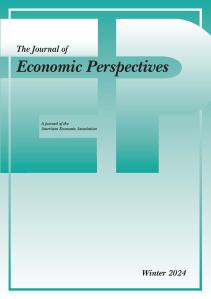In October 2021, 137 countries of the OECD's Inclusive Framework reached an historic agreement paving the way for the introduction of a global minimum tax (GMT) on the profits of large multinational companies (MNEs). The agreement was hailed by Janet Yellen, Secretary of the US Treasury, as ‘a once-in-a-generation accomplishment for economic diplomacy’. If the GMT is successfully implemented, then this claim would arguably be justified. It is the most significant reform of the international tax system since the current framework was devised in the 1920s.
The October 2021 agreement was, however, short on detail. Much more has been forthcoming since then, following much technical work, and political negotiation. That process makes it clear that the October 2021 agreement was a political deal, with important issues – such as the allocation of rights to receive the revenue from the GMT – still undecided at the time. At the time of writing, many details are still unclear.
The group of papers included in this symposium address some of the key issues arising in the design of the GMT. They have been developed from presentations made at two conferences of the Oxford University Centre for Business Taxation in April 2022 and July 2022.









